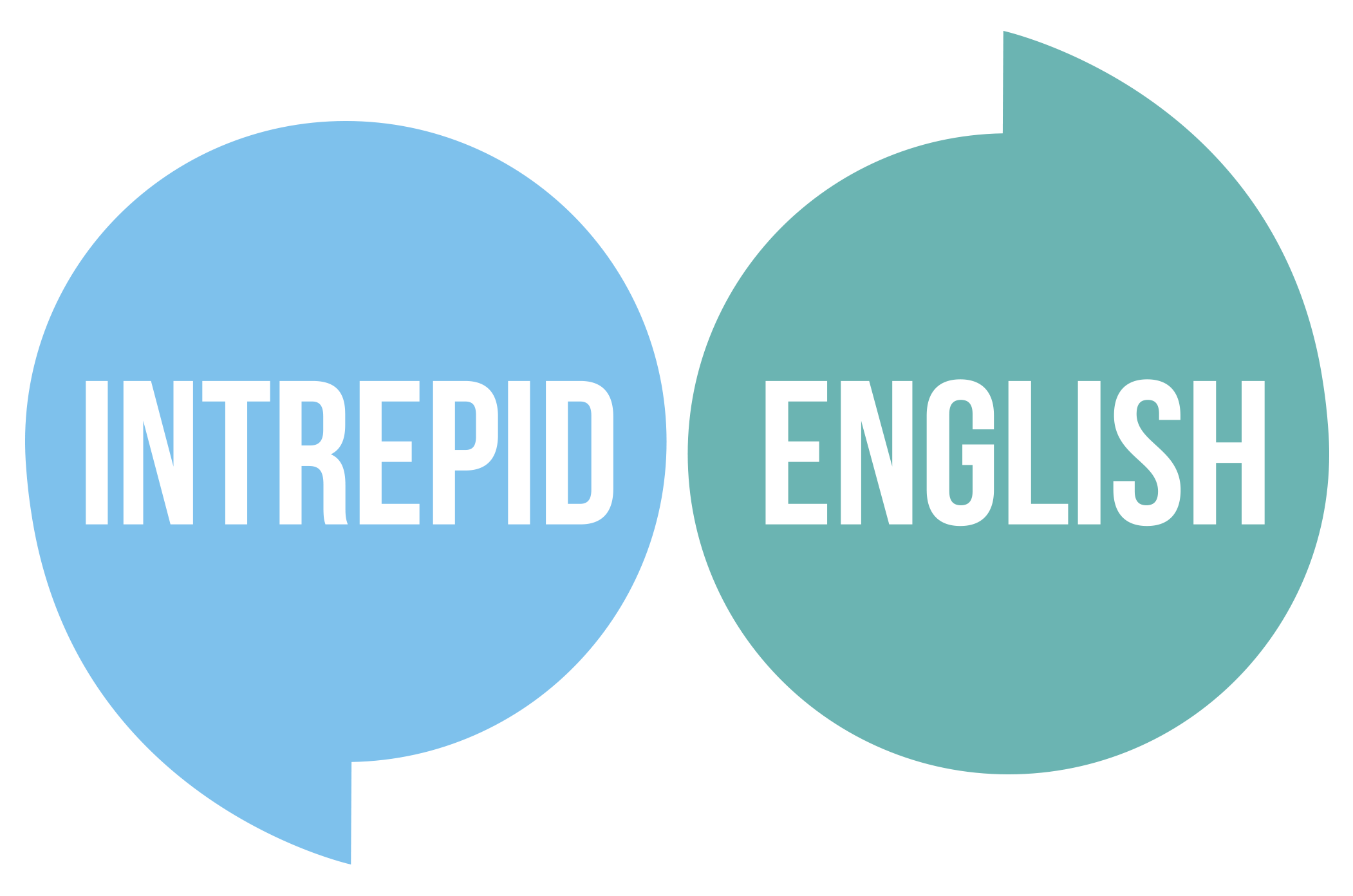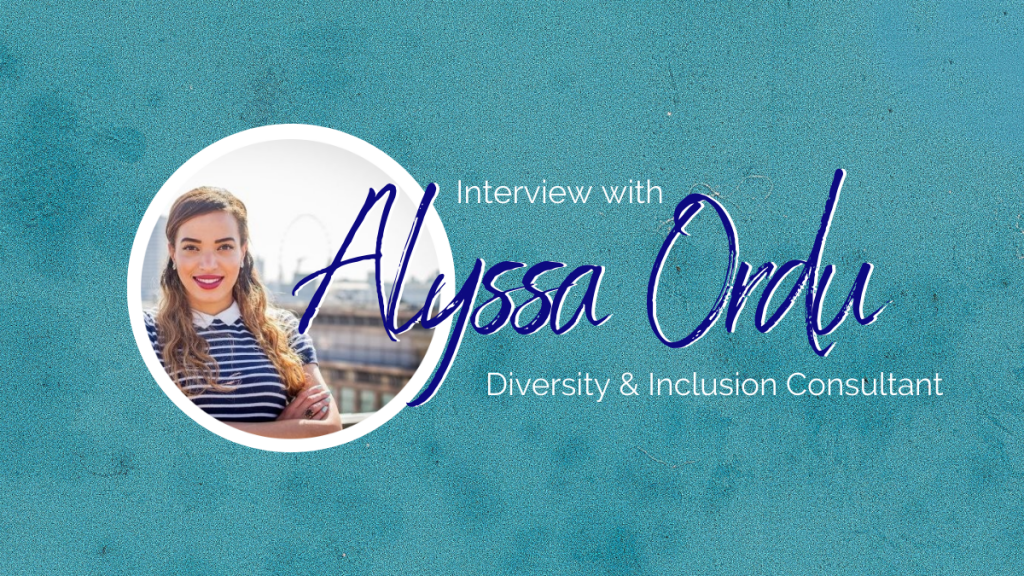Business English Idioms – Part Three

If you asked a native speaker to explain what an idiom is, they would probably have no idea. Idioms are intrinsically used in our everyday, spoken and written English.
However, many English learners struggle with idioms because they don’t seem to fit the context. If your colleague were to describe that day’s technical issues as ‘the tip of the iceberg’, would you know what they were talking about?
We’ve compiled this list of some of the most common workplace idioms to help you understand your colleagues and fit seamlessly into any workplace. All of the idioms are included in our Business English Basics course that you can find in the Intrepid English Academy.
Are you ready to learn some useful new idioms? Let’s get started.
1. to be the tip of the iceberg (featured in our lesson on Presentations)
Meaning: To know only a small part of a problem.
We get about 150 complaints every year, but that’s just the tip of the iceberg.
The latest scandal about our CEO is only the tip of the iceberg.
2. to drop (someone) a line (featured in our lesson on Presentations)
Meaning: To contact someone, with a letter, an email, or a phone call.
Once you get settled into your new job, drop me a line and we’ll talk about business opportunities for future collaboration.
Drop me a line when you have a free moment.
3. to get down to business (featured in our lesson on Small Talk)
Meaning: To begin doing what needs to be done.
Thank you all for attending this meeting at such short notice, and now to avoid wasting anyone’s time, let’s get down to business.
Shall we get down to business?
4. to break the ice (featured in our lesson on Starting a Conversation)
Meaning: To do something as a means of reducing any awkward feelings, or unfamiliarity.
It’s nice to see so many new faces this year at our team-building day, we’re going to start with coffee and pastries to break the ice.
Many of you will not be familiar with each other, so let’s break the ice with a game.
5. to be on a roll (featured in our blog 5 Steps to English Success)
Meaning: Experiencing a successful period, without any setbacks or low points.
Sally achieved the most sales last month, got 3 new clients and a promotion – she’s on a roll!
I’m finally on a roll with this report, I’m going to work late to get it finished.
6. blurred lines (featured in our lesson on Small Talk)
Meaning: Difficult to tell two things apart, differentiate them, or know the exact truth about something.
James is supposed to have started working on our team since Monday but his old colleagues keep asking him questions. Another example of blurred lines in this company.
When conducting business with people from different cultures, appropriacy lines can become a little blurred.
7. to be worth (someone’s) while (featured in our lesson on Negotiations)
Meaning: Something is beneficial and not a waste of someone’s time.
Working late is never worth my while, I end up grumpy, I don’t sleep well and then I still have to get up and go to work the next day.
Can you help me to prepare this presentation? I’ll make it worth your while! I’ll cover your shift next weekend.
As well as our Business English Basics course, we have a whole range of Business English Essential Skills courses, where you can study business English skills in more detail, from Presentations, to Writing Emails, to Negotiations.
Check out our FREE Business English Small Talk course as a taster!
Book a free trial lesson to discuss your learning needs and goals with an experienced English teacher.

This blog was written by Intrepid English Teacher, Jen, and recorded by Tom G.
Find out more about the Intrepid English Teachers on their Intrepid English Teacher Profile Pages by becoming a member of the Intrepid English Community.
If you have any questions, or you would like to request a topic for a future blog, you can contact us by using the chat box, or email us at Intrepid English.







Responses